- Get link
- X
- Other Apps
Arctic warming also stands to disrupt the marine food web increase mortality for polar bears and seals and threaten the livelihoods of the regions indigenous people. Sea ice is rapidly disappearing as a result of climate change and warming seawater temperatures.
 Parts Of The Arctic That Used To Never Thaw Are Now Melting Quartz
Parts Of The Arctic That Used To Never Thaw Are Now Melting Quartz
We know the Arctic is melting but its also on fire.
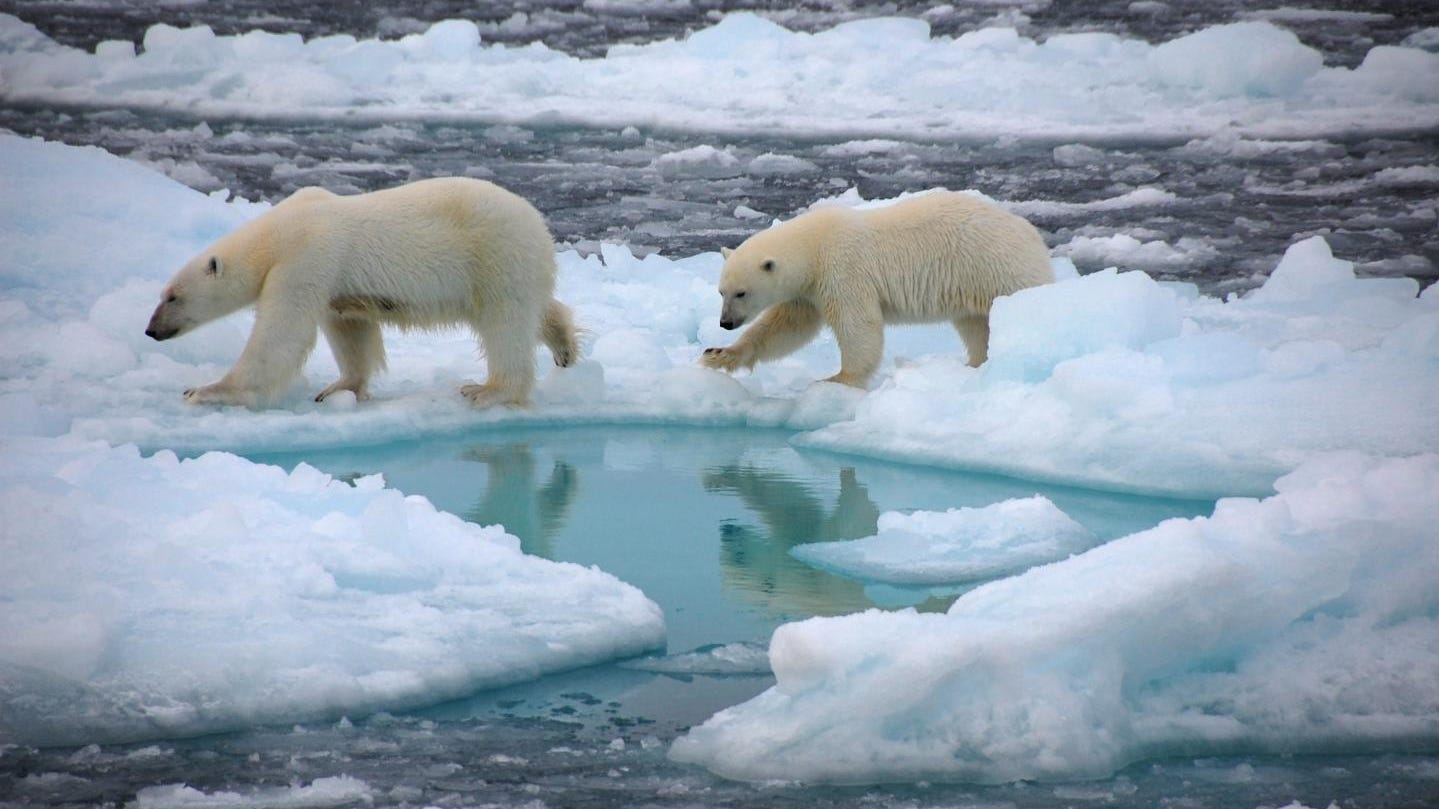
Why is the arctic melting. Although glacier flow has increased since the 1990s scientists from University of Leeds have found the melting rate to be only around a third of what was previously projected. And the Arctic helps to regulate the worlds temperature so as more Arctic ice melts the warmer our world becomes. While the outlook is bleak for the Arctic there is a silver lining for the Antarctic.
As this ice melts darker patches of ocean start to emerge eliminating the effect that previously cooled the poles creating warmer air temperatures and in turn disrupting normal patterns of ocean circulation. One bright note in. Without that hat the suns heat will warm the oceans leading to more melting.
Why the Arctic Matters for Global Warming. The ice is melting at a slower rate than previously thought. And these wildfires could transform the pace and scope of global warming in ways that could affect us all.
According to a CNN report the Arctic is heating up twice as fast as the global average causing massive melting of sea ice. Arctic Sea ice maintains the cool temperature of the polar regions and it has an important albedo effect on the climate. As per Museum of Natural History one of the most dangerous ways in which we would be affected by the Arctic melting is the rising of sea levels.
A researcher at the Colorado Center for Astrodynamics said that Arctic ice is melting at previously unseen rates source. Although glacier flow has increased since the. Related impacts include ocean circulation changes increased input of freshwater and ocean acidification.
Arctic is melting Northern Sea Route soon to be ice-free all year-long Global Warming is here and now look at Arctic ice so on and so forth. The absence of sea ice in the Arctic is closely connected to the melting of permafrost according to a new study. Today the Arctic is warming twice as fast as anywhere on earth and the sea ice there is declining by more than 10 every 10 years.
The Arctic sea ice is a key indicator of the state of our climate. Why is this important. The fast rate of the sea ice melting is resulting in the oceans absorbing and heating up the Arctic.
Fram Strait Arctic Circle CNN Its spring in the Arctic and nature in the far north is just waking up warmed by 24 daily hours of sunlight. One cant look through news headlines not to bump into this or that warming prediction forecast or fear-mongering. That ice easily breaks away in large chunks a process known as calving and melts in the open ocean.
In turn the oceans release more moisture which appears to influence atmospheric circulation and. The effects of global warming in the Arctic or climate change in the Arctic include rising air and water temperatures loss of sea ice and melting of the Greenland ice sheet with a related cold temperature anomaly observed since the 1970s. The melting has caused coastal ice in parts of Canada and Alaska to become quite brittle.
The Arctic is melting. As the Arctics ice disappears the rest of the world experiences global warming. The disappearing ice in the Arctic affects more than just the surrounding area.
Melting ice speeds up climate change. While the outlook is bleak for the Arctic there is a silver lining for the Antarctic. These are the facts.
Nowhere is climate change more obvious than in the Arctic. The ice is melting at a slower rate than previously thought. Here in the waters of the Fram Strait between.
Why Arctic sea ice melting matters - YouTube. Permafrost contains massive amounts of. How do melting sea ice and glaciers affect weather patterns.
But as the climate warms the Arctic loses more ice than it. Arctic Sea ice melts in the summer and more of the sun is being absorbed by the ocean. In the Arctic the warm summer months melt away ice and the winter snowfall freezes it back.
 Global Warming Summer Arctic Sea Ice Will Be Gone By 2050
Global Warming Summer Arctic Sea Ice Will Be Gone By 2050
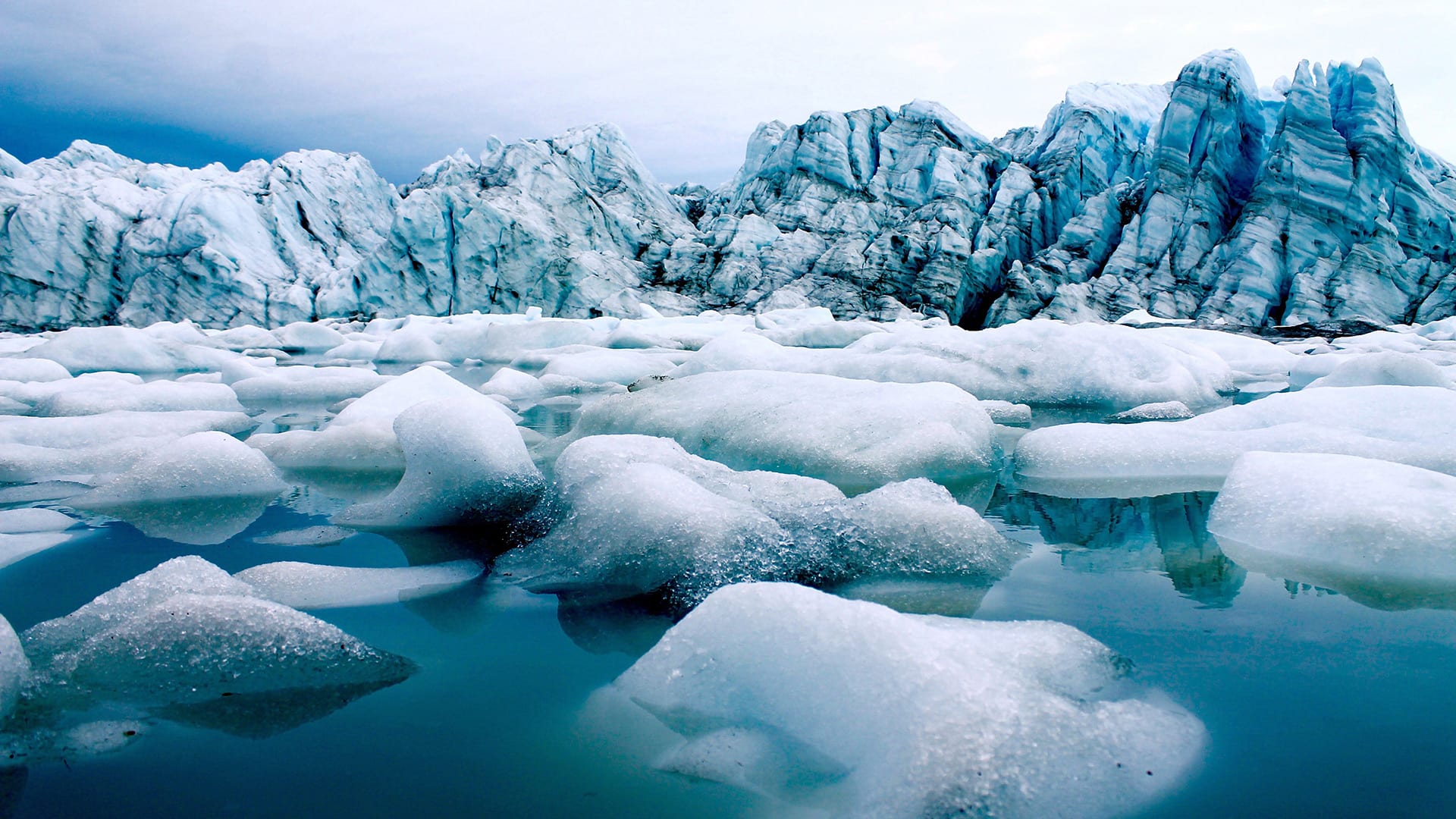 Understanding The Melting Arctic Woods Hole Oceanographic Institution
Understanding The Melting Arctic Woods Hole Oceanographic Institution
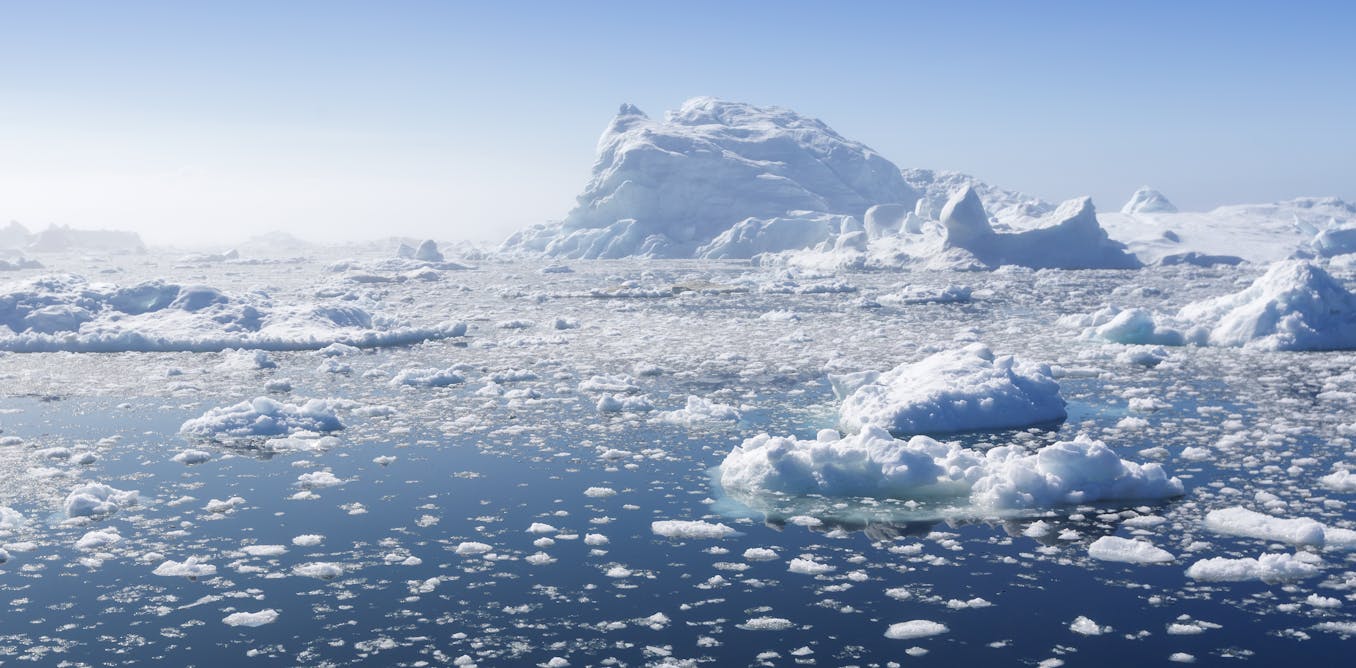 Arctic Sea Ice Is Being Increasingly Melted From Below By Warming Atlantic Water
Arctic Sea Ice Is Being Increasingly Melted From Below By Warming Atlantic Water
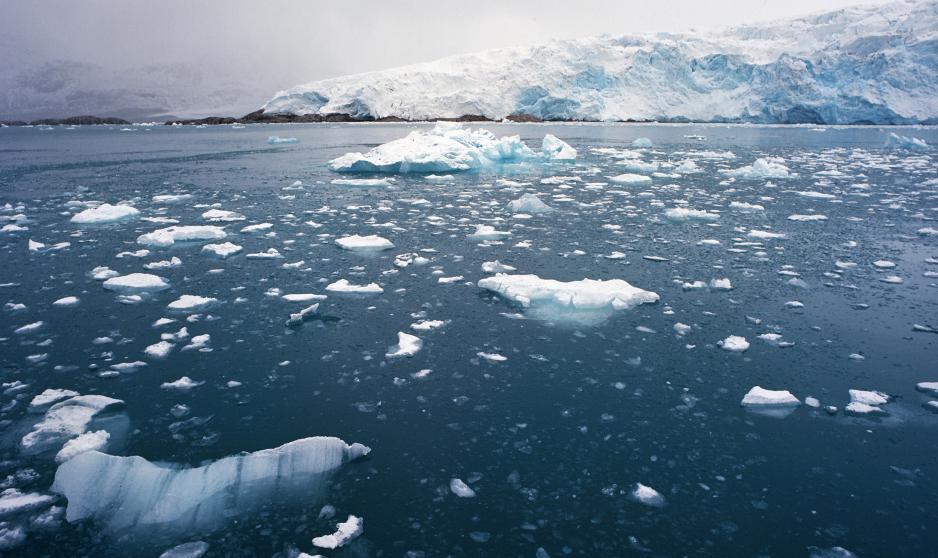 Unprecedented Lack Of Refreeze Across Arctic As Ice Continues To Melt
Unprecedented Lack Of Refreeze Across Arctic As Ice Continues To Melt
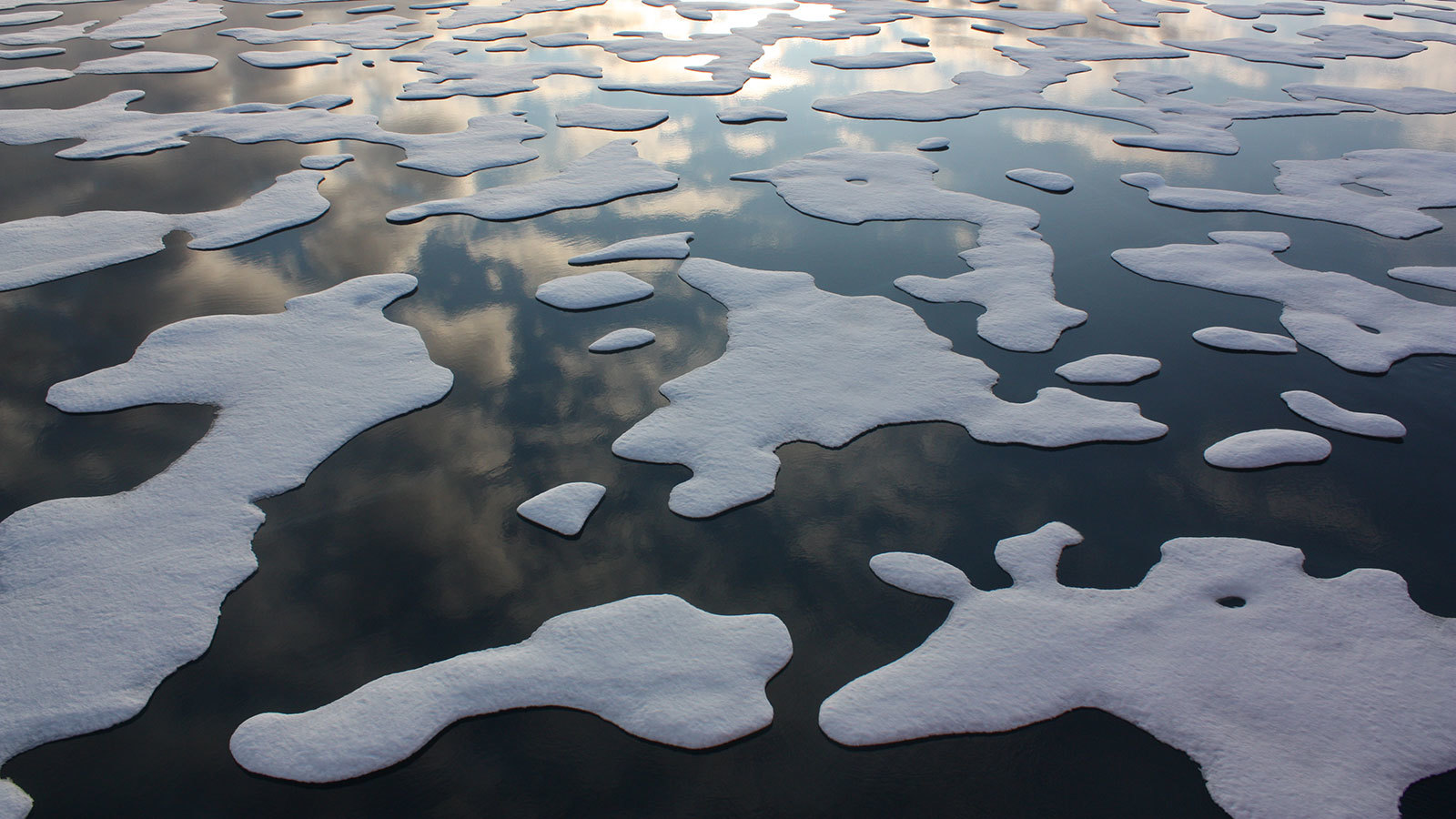 Arctic Ice Melt Is Changing Ocean Currents Climate Change Vital Signs Of The Planet
Arctic Ice Melt Is Changing Ocean Currents Climate Change Vital Signs Of The Planet
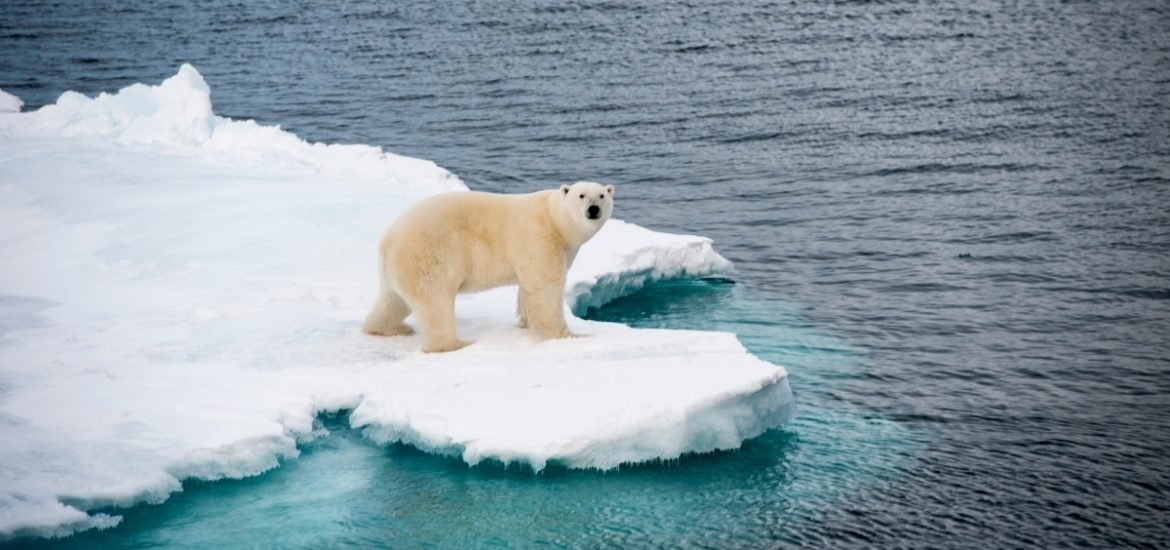 Arctic Ice Is Melting Too Quickly And Disrupting The Transpolar Drift
Arctic Ice Is Melting Too Quickly And Disrupting The Transpolar Drift
 What The Melting Arctic Means For The World World Economic Forum
What The Melting Arctic Means For The World World Economic Forum
 Why Is The Arctic Melting Faster Than The Antarctic Environment All Topics From Climate Change To Conservation Dw 14 06 2017
Why Is The Arctic Melting Faster Than The Antarctic Environment All Topics From Climate Change To Conservation Dw 14 06 2017
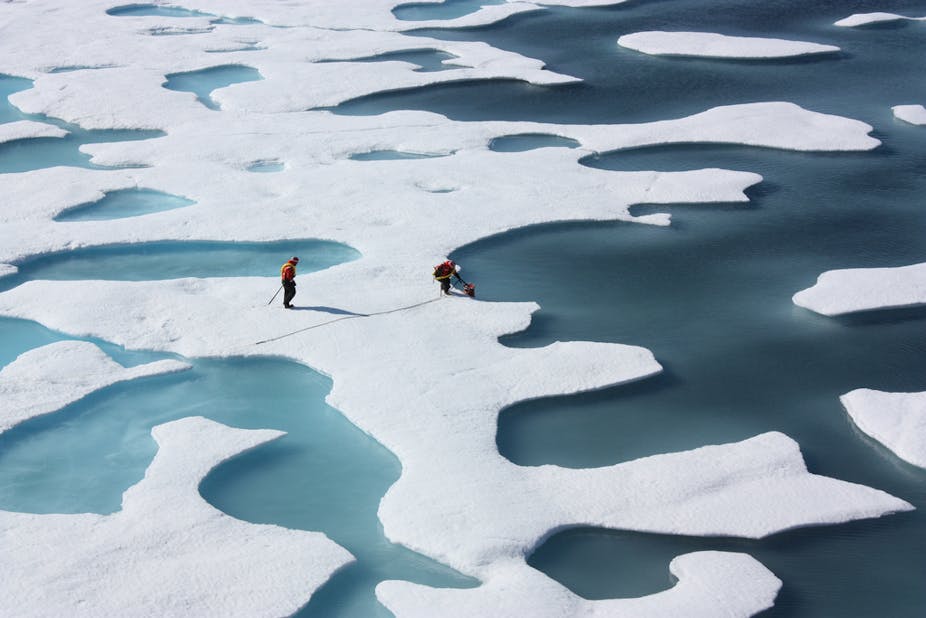 Why Arctic Melting Will Be Erratic In The Short Term
Why Arctic Melting Will Be Erratic In The Short Term
 Why Is The Arctic Melting Faster Than The Antarctic Environment All Topics From Climate Change To Conservation Dw 14 06 2017
Why Is The Arctic Melting Faster Than The Antarctic Environment All Topics From Climate Change To Conservation Dw 14 06 2017
/cdn.vox-cdn.com/uploads/chorus_image/image/59038525/GettyImages_498047592.0.jpg) Arctic Ice 5 Reasons The Region S Warm Winter Should Alarm You Vox
Arctic Ice 5 Reasons The Region S Warm Winter Should Alarm You Vox
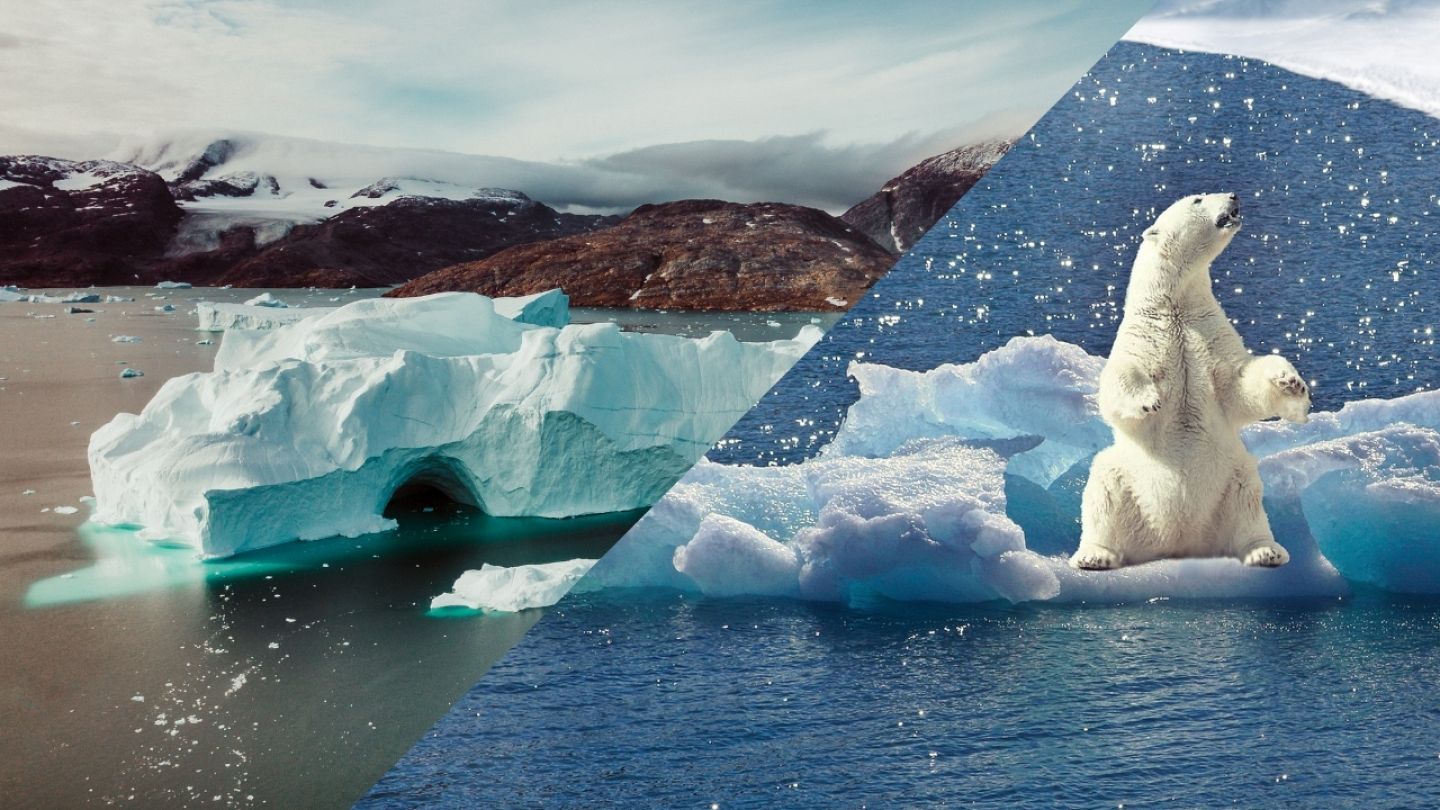 What S Happening In The Arctic Greenland And Antarctica Euronews
What S Happening In The Arctic Greenland And Antarctica Euronews
 The Melting Arctic Is A Horror Story Why Doesn T Anyone Care Rolling Stone
The Melting Arctic Is A Horror Story Why Doesn T Anyone Care Rolling Stone
 The Arctic Is In A Death Spiral How Much Longer Will It Exist Environment The Guardian
The Arctic Is In A Death Spiral How Much Longer Will It Exist Environment The Guardian
Comments
Post a Comment